In the realm of project management, there is a set of skills that make a good manager great. These top 10 project management skills that make an effective leader in projects and in a team stand as the basis of excellence. This article presents you with all the signals of white noise to bring out the artistic patterns you need to create a true success story. It is time for you to discover the skills that have the capacity to take your projects and your career to unprecedented heights!
Key Takeaways
- Effective communication, including active listening and strong presentation skills, is crucial for aligning project goals with team efforts and stakeholder expectations.
- Leadership and strategic team-building skills, including mentoring and conflict resolution, are central to driving a project forward and creating a high-performing team.
- Project managers must master time management, risk assessment, budgeting, and adaptability, utilizing tools like WBS and software proficiency to guide projects to successful completion.
1. Effective Communication

The cornerstone of the successful implementation of any project is efficient communication. It becomes the link between the goals of the project and the team’s efforts and the integration of diverse stakeholders involved in the project. Efficient communication has the power to turn confusion around into progress. Meanwhile, efficient communication is not limited to a single exchange between project participants but becomes one more tool of a successful project manager.
It incorporates the variety of project goals and sources into a single system ensuring the productive and structured work of the team. When everyone is aware, aligned and informed through clear and concise communication, trust is built among team members, which leads to improved collaboration. In contrast, without effective communication projects are prone to misunderstandings and unfulfilled expectations resulting in complications.
Active Listening
Active listening is a significant boost for the communication process. Unlike the straightforward transmission of messages, it actively involves concentrating on the feedback, ideas, and issues of the team members.
Other factors to avoid in making implications are the non-verbal message, the unstated thought or feeling, and the variable view . Active listening helps to create a more collaborative environment where communication is made in both directions. For a project manager, maintaining this kind of skill ensures that they are familiar with the often more complex and nuanced areas of team dynamics, expectations from stakeholders, and the nature of the problems encountered in projects.
Presentation Skills
The importance of being able to present, therefore, is to demonstrate the successes of a project and lead all concerned parties in the right direction. The need to present, in this case, is all about clarifying what has been updated, trying to update, what is to be reached and presented.
The presentation is a story, essentially making the audience listen, inspire, and follow the examples to be more compelling. Hence, it is a platform for showcasing the path embarked on by a project, what has been achieved, including the challenges.
2. Leadership and Team Building
Another important competency of the project manager is strong leadership and team development. It emphasizes the processes of managing and supporting the project team during the implementation of the project, including pre-execution and post-execution activities. Thus, the project manager’s role is more than just overseeing the execution of tasks with monitoring their execution.
Further Reading: Leadership In Project Management: Essential Traits Of An Effective Project Leader
In conclusion, the above are the core areas that a project manager should focus on. For this to be achieved, there is need to understand inter alia: the type of work culture that is suitable, whether it supports collaboration, mutual respect and shared vision while focusing on interpersonal skills, leadership, communication, sense of human, collaboration, task management, project scoping, project road mapping, adaptability, and project management.

However, specialization on the above fields does not exhaust the field of competence that project managers need to have. A key aspect of successful projects is building cohesive teams that leverage individual talents to achieve collective success through synergy. A capable leader understands how to bring together diverse skills within the team in order to maximize overall performance.
Mentoring and Coaching
This term have a constructive impact on the team’s development. Mentoring focuses on the development of each member’s thorough skill, knowledge and expertise on the role towards a continuous learning field. On the other hand, coaching is concerned with long-term career development to prepare for performance in the present definition. Team members are guided to determine their skills, tackle obstacles, and gain mastery of their work.
Conflict Resolution
In project manager’s work, conflict resolution plays important role of preserving harmony and cohesion with the project manager as a guiding figure. It is impossible to avoid conflicts within any team, and it depends on the team members how it affects team dynamics. In this process, individuals should be able to identify the reasons for disagreements, ensure open communication, and achieve mutually satisfactory results.
Further Reading: 8 Effective Conflict Resolution Strategies For The Workplace
A successful conflict resolution has prevented any negative and toxic relationships in team and has promoted a healthy climate for cooperation.
3. Time Management and Prioritization
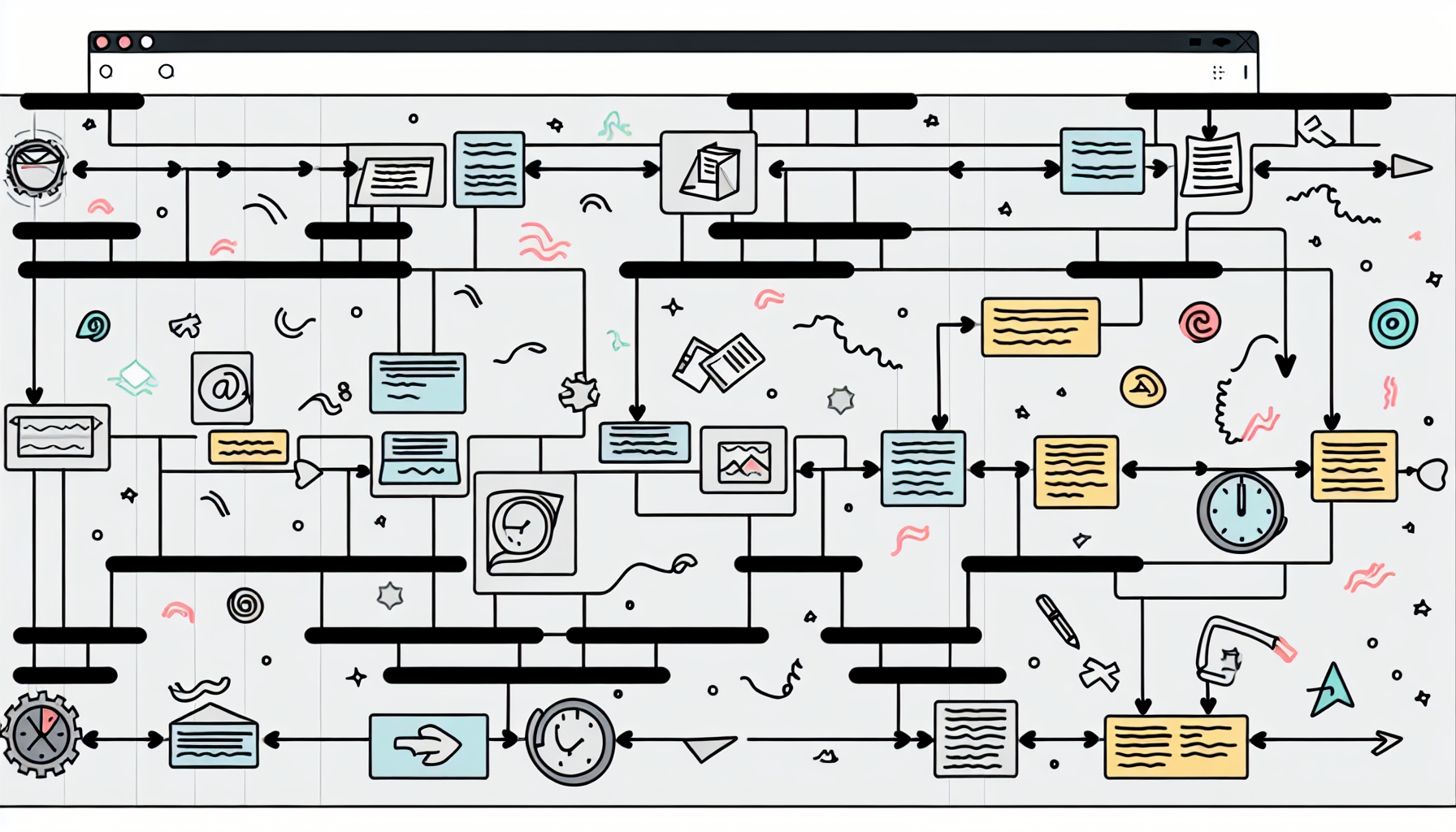
Manage Time Appropriately: Time ought to be utilized in the form of driving-force through which the whole project ought to be navigated for its completion. Therefore, the project ought to be divided into small manageable tasks with expected or high impact on the quality and completion of the project before scheduled.
Properly managing time allows for smooth navigation through all stages of the project with purposeful direction and steady progress towards completing it within the planned timeframe.
Work Breakdown Structure (WBS)
The project manager’s time is particularly important and planning helps to prioritize what will be done when. First, with the use of Work Breakdown Structure (WBS), the project manager breaks the project down into manageable pieces to understand how each part fits together, similar to a roadmap that show the path for the travelers helps team to stay focused on the project.
Deadline Management
Therefore, project managers depend on deadline management to monitor projected time. It is necessary to create reasonable deadlines for all activities or tasks, enforce them, and closely watch deadlines as well as timely take corrective action if any slippage. An effective management of deadlines ensures that the projects are performed on time all the time.
4. Risk Assessment and Mitigation

Risk management, particularly risk assessment and risk reduction, is a shield that project manager use to fortify themselves. Preventing a significant fall is the primary function of risk management, or rather, falling at all. In other words, risk management is the art of seeing difficulties coming and preparing for them or being certain that the project will run smoothly and easily, allowing you to be happy with the moment of success.
Further Reading: Risk Management: Ultimate Guide To Navigating Uncertainties
Risk Analysis
Risk analysis, on the other hand, allows the project manager to critically consider possible risk based on their probability and effect. As a result, the manager may completely appreciate the repercussions of these risks. In addition, risk analysis is focused on deconstructing uncertainties regarding the project, understanding their causes, and identifying potential outcomes to predict probable risks and develop a corresponding reaction.
Risk Response Planning
Risk response planning should fully encompass a project manager’s efforts in advance to diminish the likelihood of the occurrence of certain risks. At the same time, such a strategy should not allow the identified risks to stop the progress of the entrusted project.
However, there are three distinct aspects of risk response planning, which should be a part of the toolkit of a project manager and are, being proactive and ready, transforming threats into favorable outcomes, and difficulties into valuable lessons, are key elements of risk response planning.
5. Budgeting and Cost Control
Project managers must also demonstrate good financial management abilities, especially in the domains of budgets and cost control. This means being capable of accurately measuring the project expenditures and establishing and monitoring operating budget. The purpose is to ensure that the project is profitable with the resources available while staying within these funds and efficiently using funds.

Estimating Costs
Estimating costs act as the ultimate ground from which the project manager can easily predict the most likely expenses . Moreover, the process aids in the identification and allocation of the possible resources and funding to support and fund the entire project through to completion. It is the process that directs the most appropriate foundation through which the most accurate budget plan is generated. Ultimately, proper estimation of costs eliminates financial surprises, ensuring a great value is realized on investment from such a venture under a able Project Manager.
Financial Reporting
Financial reporting is one of the most important aspects of project management. Under this tool, it is necessary to compare the budget with actual spending in order to see how the project is successfully dealing with its cash. The goal of this element is to maintain a focus on budgets and spending modifications, making it possible to allocate funds for spending and to be open to the public and other responsible parties about the money spent within the project.
6. Technical Expertise
Technical expertise includes a constant learning reciprocation of new technologies and standards in the field, as a project manager, it is always learning about new project management software, discovering the latest in cloud computing, or keeping up-to-date on the increasingly complex best practices of agile methodologies. Thus, it is not only knowing the tools but understanding how they can improve and accelerate processes, enhance team collaboration, and expedite and execute projects more effectively.
Project Management Methodologies
Waterfall, Agile, Scrum and Kanban methodologies give specific guidelines to managing projects, which allows a project manager to control the work that is being done. However, depending on the kind of project, there are certain approaches that must be used, which is why different methodologies exist. In addition, professional organizations, for example, Project Management Institute (PMI), offer important certifications and resources for a person to stay competitive in this field.
The key elements involved are selecting an appropriate strategy, efficiently executing it and achieving success in completing the project goals.
Software Proficiency
The mastery of software is critical for project managers to use the many tools available to their full potential. As a result, becoming an expert in programs such as Asana and Trello enables them to plan, monitor and control projects to a greater extent. To achieve this, project managers need to adopt digital transformation, maximize project productivity, and conduct extraordinary outcomes using technology.
7. Strategic Planning and Decision-Making
Strategic planning and decision-making are instrumental to the project manager’s conduct, as they enable the project to live up to organizational goals. Indeed, it starts with the setting up of the project’s targets, followed by the projection of a strategic plan and evidence-based decision-making. Moreover, it sets up a roadmap to direct the project on the path towards predestined destination.
Goal Setting
To conclude, goal setting is a vital empowering tool for project managers. It is employed to determine the purpose of a project and supply direction and focus to a project team. They are able to convert an amorphous concept into a well-defined target by converting a vision into goals. Project managers can then use goals to establish milestones that can be used to track progress toward successful project completion.

Data-Driven Decisions
The use of data to guide the choices made enhances the abilities of the project managers to make the right decisions. The process applied involves gathering the appropriate measures related to a subject or project and making the decisions that cause the projects to be successful in accordance with the goals of an organization.
Data-driven decisions are based on converting raw details into vital insights to form the basis for decisions that lead to the actions that follow. Project managers can, therefore, apply the approach in strategically planning and executing the right actions as per the goals of the organization based on information resources.
8. Stakeholder Management
Stakeholder management is a way through which project managers deal with the expectation of all the stakeholders involved in the project. These are identifying, involving, and prioritizing the needs and aspirations of vital stakeholders from the initiation until its conclusion. Areas of high concern are understanding what motivates each stakeholder and terrifies them, offering appropriate information, and gaining them to support the project to achieve success.
Stakeholder Mapping
A project manager could leverage stakeholder mapping to identify and evaluate each participant. For example, it is possible to define the stakeholder’s level of interest and influence, as well as his or her expectations. As a result, it can assist in developing the appropriate strategies for engagement.
Depending on who is vital for the project’s successful completion and the ways of achieving support, it is possible to devise a plan for interactions. Stakeholder mapping helps managers focus their resources primarily on engaging with those affected by the project the most to ensure its successful completion.
Negotiation Skills
Negotiation is one of many aspects of communication that project and effective leadership skills lenders should possess. It helps project managers manage stakeholder expectations, reach a compromise, settle disputes, create an optimal result for all parties involved based on win-win situations, several other aspects. Thus, negotiation skills result in gains for both parties of the project.
9. Adaptability and Flexibility
Adaptability and flexibility are attributes that all project managers must-have if they are to work under pressure. This is because these two attributes empower them to deal with alternatives and difficulties, thereby ensuring the success of the project. Adaptability means that one can rapidly shift strategies and take advantage of unforeseen opportunities .
Therefore, being flexible allows project managers not only to catch up but also to transform obstacles into advantages. Flexibility keeps these experts on track and allows them always to win regardless of the situation.
Change Management
The project manager significantly contributes to successfully implementing organizational changes by utilizing change management strategies. This includes facilitating a smooth transition, preventing potential disruptions, and eliminating possible resistance from stakeholders.
A major component of managing the change is supporting the team in its process of getting accustomed to different processes: this can be effectively achieved through leading the team through the “change curve” among other methods. It is not only that the employees should get used to new circumstances but also keep high morale during this tense period.
Agile Practices
Utilization of Agile practices increases the project manager’s control but also improves adaptability and flexibility. Agile practices are cyclic in approach to development, continuous improvement, and openness to change of plans when necessary.
The idea revolves around dividing the project into small, regular builds that will be called sprints. The primary objective of the sprints should be to give the consumer value with every sprint and receive feedback to improve. Most fundamentally, it is a way of thinking that accepts change rather than fighting it. Additionally, this technique puts a high value on teamwork among staff members to accomplish a common goal, giving customers priority.
10. Problem Solving and Critical Thinking
Strong problem-solving and critical thinking skills are a must for a project manager to implement an effective response to the problems emerging in a project. This includes acknowledging the problem’s existence, investigating its root causes and finding viable solutions. It is based on a willingness to think past outdated solutions, challenge traditional thinking and develop novel solutions.
Being skilled in problem-solving and critical thinking allows one to view problems as potential opportunities and challenges as valuable learning experiences. By applying these skills, it becomes possible for a project manager to turn difficulties into advantages and obstacles into growth opportunities.
Root Cause Analysis
A project manager’s role in root cause analysis is determining the primary cause of a problem, investigating the complexities of these problems, and establishing the reasons for their existence. A project manager can solve a problem when he reaches to the root of the issues rather than just treating superficial symptoms.
The financial cost of root cause analysis is low since this tool can help the project manager solve the problems at the source, thus reducing the probabilities of recurrence. Eventually, the long-term solutions are adopted through these techniques rather than short-term that may occur in future.
Creative Thinking
Creative thinking can empower the project manager to come up with fresh and innovative solutions that challenge conventions, think up new concepts, reach for the stars, and turn challenges into opportunities. This creative ability is necessary because it relates to the unpredictability of the art of project management; obscure circumstances where conventional wisdom isn’t enough and creativity is lethal.
A culture that encourages creative thinking creates an atmosphere of betterment and progression, pushing employees to step outside their comfort zones and question rigid assumptions. Whether examining a novel process or redefining a whole system, innovation means looking down unexplored paths and finding solutions that have yet to be considered in order to keep the project ahead of the curve.
Summary
By mastering the necessary skills in project management, you acquire a superpower that allows you to turn disorder into order; complexity into simplicity; and challenges into opportunities. Being your compass, map, and toolkit, these skills include effective communication and leadership, the right technical expertise, and systematic strategic thinking.
Further Reading: Key Benefits of Project Management Services at PMtech Digital Solutions
The list above is the formula for the triumph of any project that leads you through this journey from its outset to completion. Every project is a path filled with myriad twists and turns, but you are the one who is in the driver’s seat. Get prepared for the thrilling ride!
Frequently Asked Questions
What are the 3 most important skills of a project manager?
Communication, organization and leadership are the three fundamental abilities that a project manager must possess in order to be successful. These skills play a critical role in effectively managing projects and ensuring their timely completion within budget constraints.
What are the top five 5 project management tools and describe each?
There are several project management tools that stand out from the rest, including Monitask, Trello, Airtable, Basecamp, and Asana. These platforms enable easy creation of tasks and assigning them to team members while also keeping track of deadlines and milestones. With features designed for efficient collaboration among teams, these tools significantly improve overall project efficiency.
What is the skills matrix for a project manager?
A project manager’s skills matrix is utilized to evaluate if the team possesses the necessary abilities for a particular project and pinpoint any deficiencies in skill that may necessitate bringing on additional personnel.
What is considered to be the most useful skill for a project manager who works in a matrix environment in order to achieve project goals?
Effective communication is the key skill for project managers operating in a matrix setting to successfully attain project objectives. To work efficiently with team members, clients, and stakeholders from different backgrounds, it is crucial for project managers to possess excellent communication skills. These skills play an essential role in effectively conveying ideas and resolving conflicts that arise during projects.
What are the key project management skills required for project success?
The crucial skills necessary for successful project management include the ability to communicate effectively, lead and build a strong team, manage time efficiently and prioritize tasks, assess and mitigate risks, control budgets and costs, possess technical expertise in relevant areas of work, engage in strategic planning and make effective decisions. It is also important to be skilled at managing stakeholders involved in the project, adapt well to changing circumstances with flexibility as needed while being able to problem solve through critical thinking.


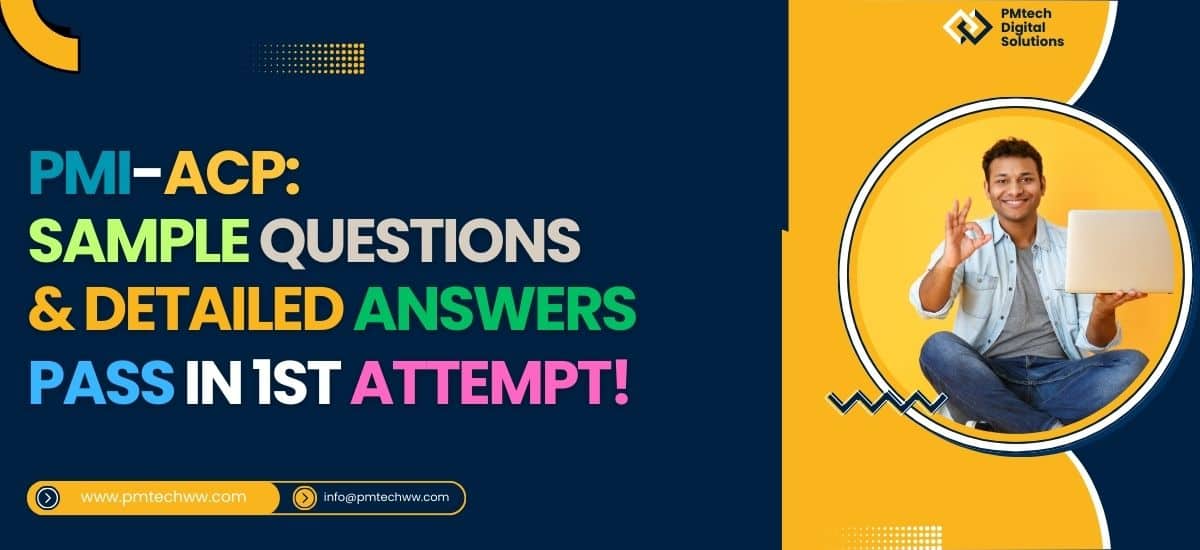
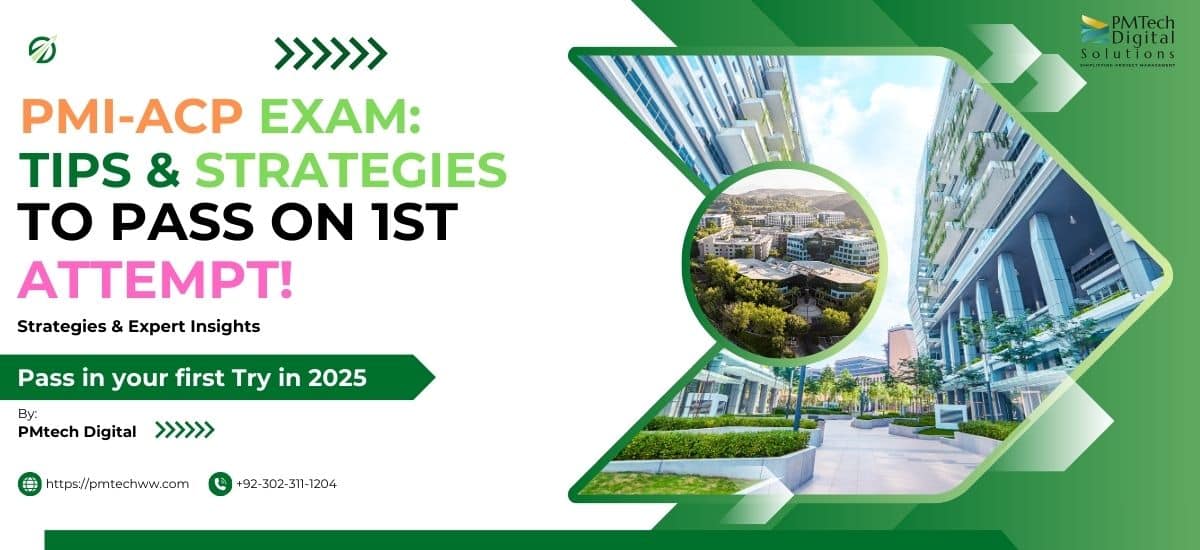
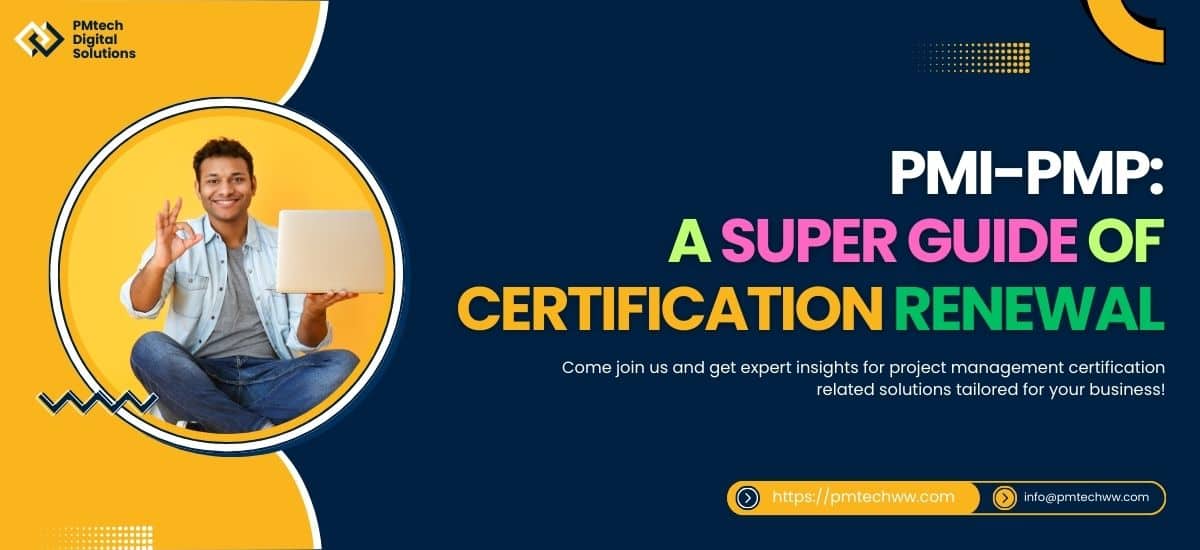
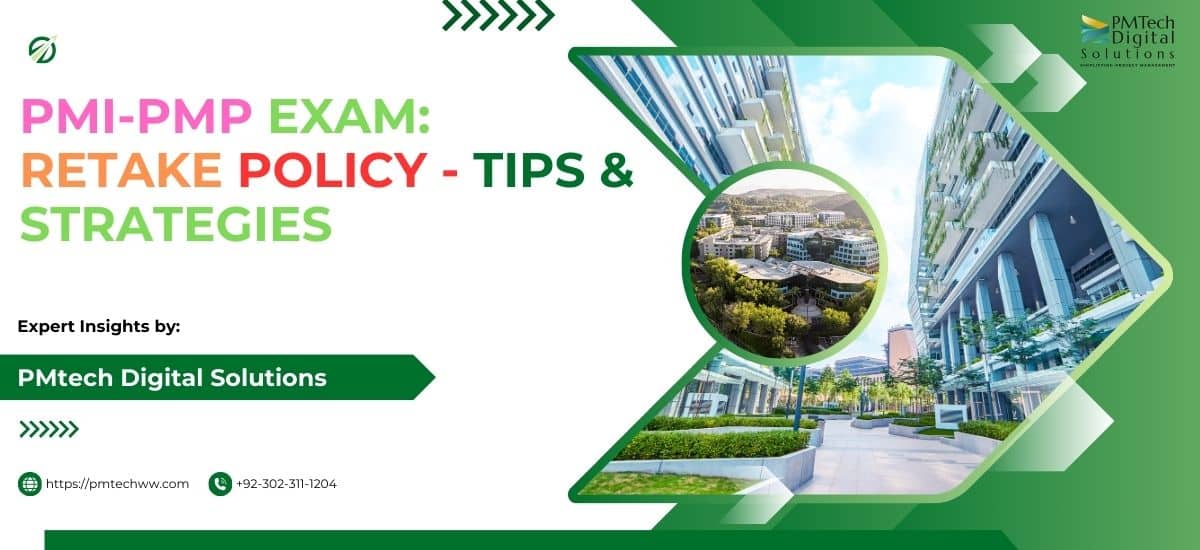
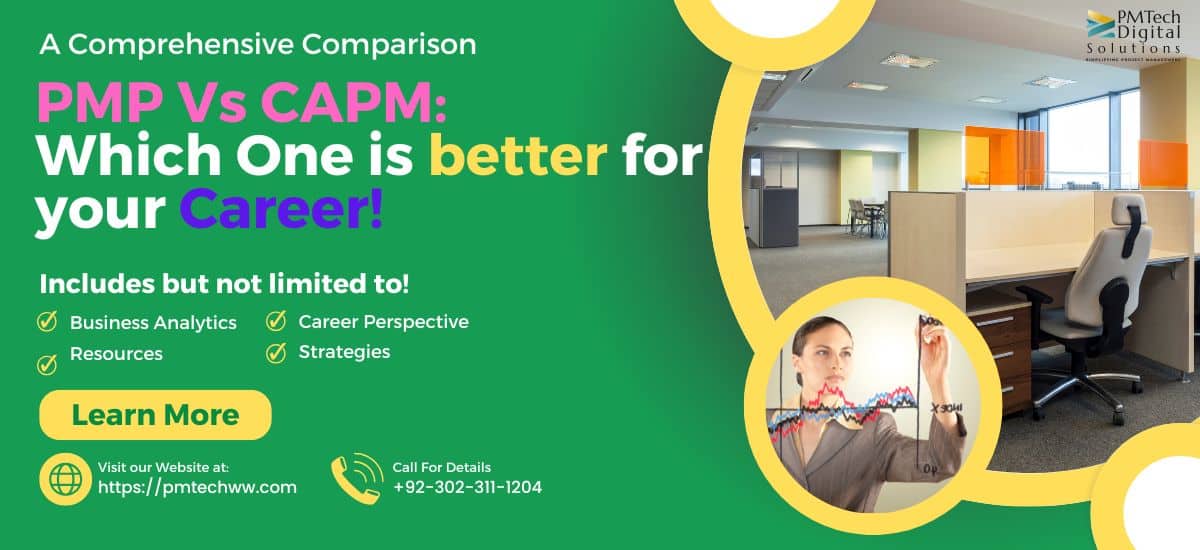




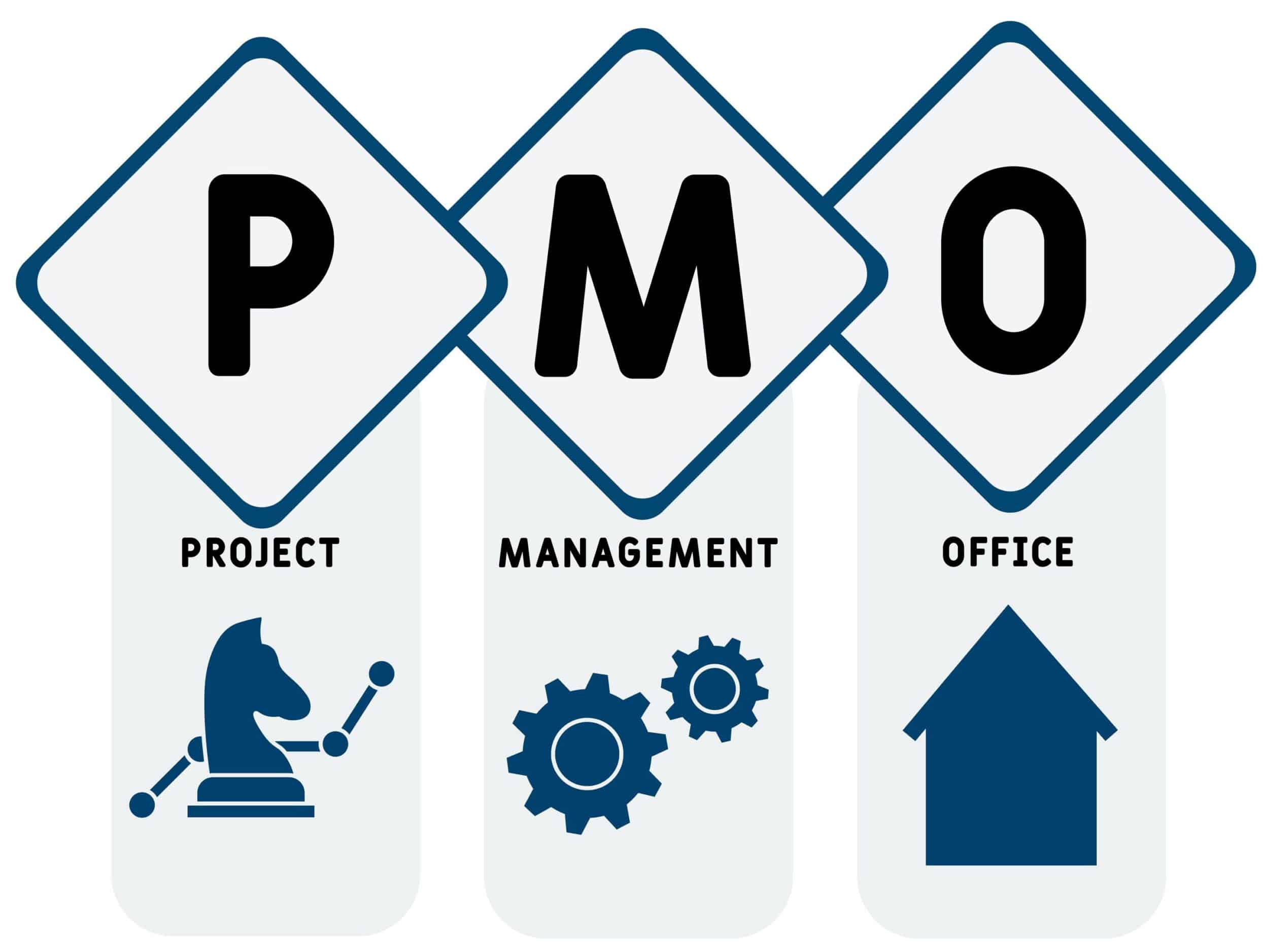
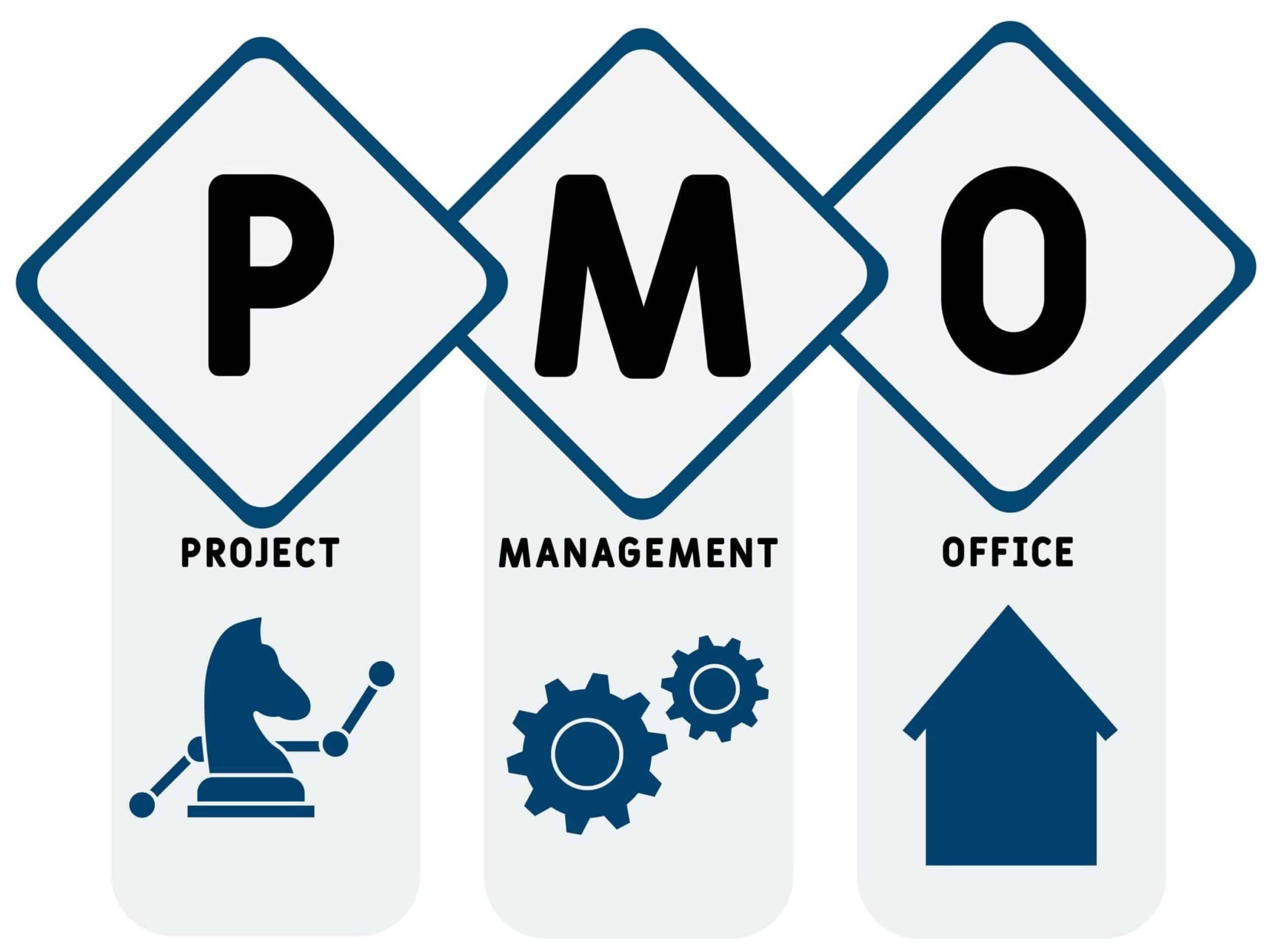




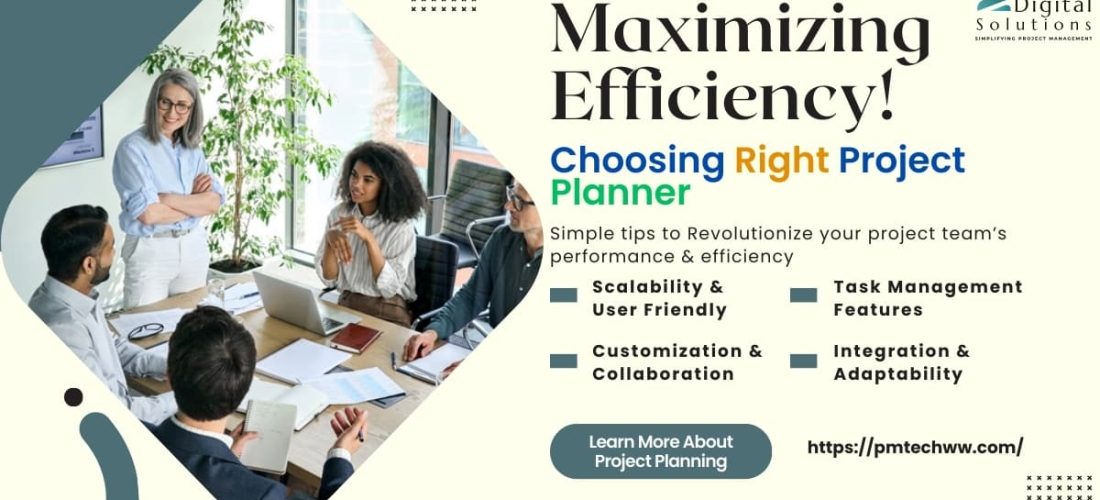
39 Responses
I don’t think the title of your article matches the content lol. Just kidding, mainly because I had some doubts after reading the article.
Your point of view caught my eye and was very interesting. Thanks. I have a question for you.
Very interesting subject, appreciate it for posting.
Thanks for sharing. I read many of your blog posts, cool, your blog is very good.
Hey, you used to write magnificent, but the last several posts have been kinda boring… I miss your tremendous writings. Past several posts are just a bit out of track! come on!
Your article helped me a lot, is there any more related content? Thanks!
Your article helped me a lot, is there any more related content? Thanks!
You can definitely see your expertise in the work you write. The world hopes for more passionate writers such as you who aren’t afraid to mention how they believe. At all times go after your heart.
I discovered your blog site on google and check a few of your early posts. Continue to keep up the very good operate. I just additional up your RSS feed to my MSN News Reader. Seeking forward to reading more from you later on!…
But wanna comment that you have a very nice website , I love the style and design it actually stands out.
Thank you for your sharing. I am worried that I lack creative ideas. It is your article that makes me full of hope. Thank you. But, I have a question, can you help me?
It is really a nice and helpful piece of information. I’m satisfied that you shared this helpful information with us. Please keep us informed like this. Thanks for sharing.
obviously like your web site but you have to check the spelling on several of your posts. A number of them are rife with spelling problems and I find it very troublesome to inform the truth on the other hand I’ll surely come back again.
Thank you for your sharing. I am worried that I lack creative ideas. It is your article that makes me full of hope. Thank you. But, I have a question, can you help me?
The crux of your writing while appearing agreeable originally, did not work well with me after some time. Somewhere throughout the paragraphs you were able to make me a believer but just for a very short while. I still have a problem with your jumps in logic and one would do nicely to help fill in all those breaks. In the event you actually can accomplish that, I will undoubtedly end up being fascinated.
I don’t think the title of your article matches the content lol. Just kidding, mainly because I had some doubts after reading the article.
Thanks for sharing. I read many of your blog posts, cool, your blog is very good. https://www.binance.info/id/register?ref=GJY4VW8W
Thank you for the sensible critique. Me & my neighbor were just preparing to do some research on this. We got a grab a book from our area library but I think I learned more clear from this post. I am very glad to see such magnificent info being shared freely out there.
It?¦s really a great and useful piece of info. I am glad that you just shared this useful info with us. Please stay us informed like this. Thank you for sharing.
Thank you for your sharing. I am worried that I lack creative ideas. It is your article that makes me full of hope. Thank you. But, I have a question, can you help me? https://www.binance.com/es-MX/register?ref=JHQQKNKN
hey there and thank you for your information – I’ve certainly picked up something new from right here. I did however expertise several technical issues using this website, since I experienced to reload the web site a lot of times previous to I could get it to load properly. I had been wondering if your web hosting is OK? Not that I’m complaining, but slow loading instances times will very frequently affect your placement in google and can damage your quality score if ads and marketing with Adwords. Anyway I am adding this RSS to my e-mail and could look out for a lot more of your respective exciting content. Ensure that you update this again soon..
We are a gaggle of volunteers and opening a new scheme in our community. Your site offered us with helpful info to work on. You’ve performed an impressive job and our whole community will likely be thankful to you.
Aw, this was a very nice post. In idea I wish to put in writing like this moreover – taking time and precise effort to make a very good article… however what can I say… I procrastinate alot and by no means seem to get something done.
I’ve read some just right stuff here. Certainly price bookmarking for revisiting. I wonder how so much effort you set to create this kind of fantastic informative site.
Very interesting topic, regards for putting up. “Men who never get carried away should be.” by Malcolm Forbes.
Hello my friend! I wish to say that this post is awesome, nice written and include approximately all vital infos. I would like to see more posts like this.
Hmm it looks like your blog ate my first comment (it was super long) so I guess I’ll just sum it up what I had written and say, I’m thoroughly enjoying your blog. I as well am an aspiring blog blogger but I’m still new to the whole thing. Do you have any suggestions for beginner blog writers? I’d really appreciate it.
I’ve been absent for some time, but now I remember why I used to love this blog. Thanks , I¦ll try and check back more frequently. How frequently you update your web site?
What’s Taking place i am new to this, I stumbled upon this I’ve found It positively useful and it has aided me out loads. I am hoping to contribute & help other users like its aided me. Good job.
Your article helped me a lot, is there any more related content? Thanks!
You have brought up a very excellent details , thanks for the post.
Good web site! I really love how it is easy on my eyes and the data are well written. I am wondering how I might be notified when a new post has been made. I have subscribed to your RSS feed which must do the trick! Have a great day!
Normally I don’t read article on blogs, but I would like to say that this write-up very forced me to try and do it! Your writing style has been amazed me. Thanks, very nice post.
Awsome blog! I am loving it!! Will be back later to read some more. I am taking your feeds also.
Rattling fantastic info can be found on blog. “Compassion for myself is the most powerful healer of them all.” by Theodore Isaac Rubin.
Super helpful
I like this web blog so much, saved to fav. “American soldiers must be turned into lambs and eating them is tolerated.” by Muammar Qaddafi.
Yo, anyone tried 393bet9? I gave it a spin last night. The customer service was actually pretty responsive when I had a question. Not bad! Check it out: 393bet9
Your article helped me a lot, is there any more related content? Thanks!